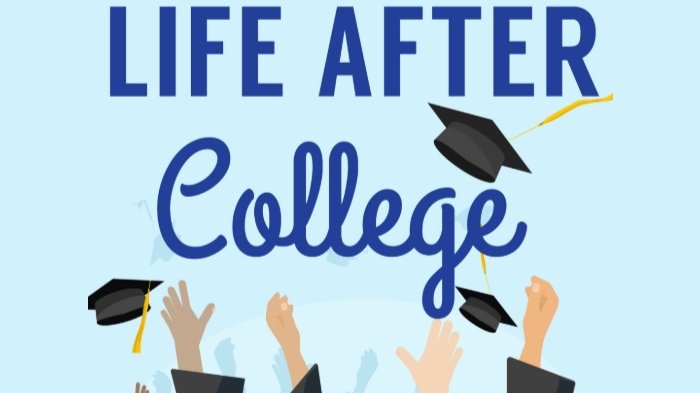Tips for Life After College: Skills to Consider & Independent Housing Options
Image from Quick and Dirty College Tips
Graduating college can be a frightening time for everyone, but can be more so for individuals on the spectrum. This is a time for determining what you want to do for work and where you want to live, among many other details. To ease yourself into your new chapter of life, it is important to find a balance of independence. Everyone is different; some will require daily-care, while others may land in-between.
Support Levels
After college, it is necessary to consider the levels of support or services that will be essential for your life. These levels can vary, ranging from independent living to around-the-clock care. Independent living occurs when an individual is able to make decisions regarding their life and pursue their choices. There is also daily on-call care, in which an individual still lives independently or semi-independently, but has workers or family members available to assist if needed. Another level is 24/7 care, typically consisting of in-home staff to aid with everyday activities. These are general parameters, as not everyone will require as much or as little care.
Life Skills
It is important to practice and prepare for different life skills that come with independence. These can include soft skills, social skills, self-advocacy, activities of daily living (ADLs), and money skills. Soft skills that can be crucial to learn and practice include interviewing, daily communication, decision making, and adaptability. With these come social skills to practice and recognize, such as body language, eye contact, and facial expressions. Activities of daily living (ADLs) may be something that you are already familiar with, but may have been assisted with in the past. These ADLs include self-care, such as cleaning, dressing, and bathing. Another factor that is critical to think about when preparing for independent living is money management. Money skills such as counting money, saving money, and budgeting are important as you enter this new phase of your life.
Housing Options
When deciding which housing option would be best for you, it is important to ask yourself and your support system some questions:
Where do I want to live?
With this question, it is best to start by thinking in terms of location. Do you want to live in a residential area outside of a major city, such as the suburbs? Or would you prefer a more rural, desolate location? If you feel you thrive in bustling, crowded environments, then city living is also an option.
What housing type would be best suited for me?
There are multiple types of housing options available for individuals with autism. Some common ones for independent living are listed below, while our information kit on Housing Options for Adults with Autism provides more in-depth descriptions.
Community Homes
Community homes exist in which multiple individuals with disabilities live amongst one another, along with supporting staff. These homes ensure that there is help available at all times for individuals.
Single-Family Home
A single family home is a house typically in a residential neighborhood, intended for one family. This is one of the greatest types of independent living with much responsibility, as you will be either paying rent or a homeowner.
Apartment or Townhome
Living in an apartment or townhome is similar to the level of independent living that would occur if you were in a single-family home. Apartments are typically in cities, with townhomes residing in more residential neighborhoods. Both are located extremely close to others, through shared walls.
Assisted-Living
Assisted living residences are designed to function as independent living, but with on-call support for those who may need assistance at any time. Residents typically have their own apartments but can share common areas with others, for more of a community-based living feel.
There are many different resources offered to aid adults with autism, whether living independently or with others. Many colleges in the United States offer programs designed to aid students with autism specifically. Before graduation, be sure to utilize any career centers or services your college provides. These are useful tools in preparation for a job search and can supply helpful strategies on the interview process, as well. Be sure to check out our other information kits on Tips for Applying to a Job as A Person with Autism and Disclosing Your Autism in the Workforce.

